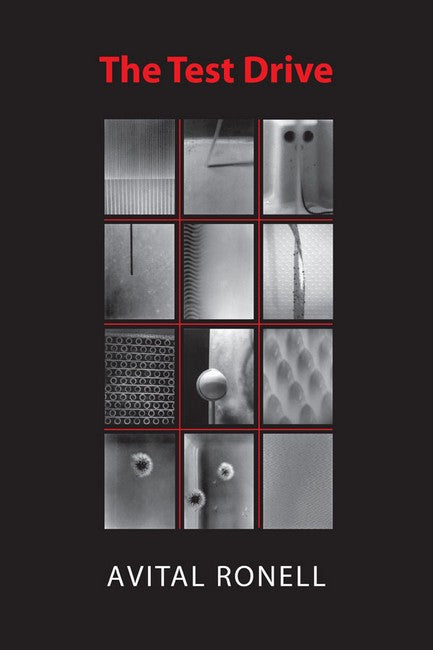Beginning with Nietzsche's discovery of the ''experimental disposition,'' Ronell explores testing's ascension to truth in modern practice. To know something, and to know that it is true, has never been a simple matter of recognition and assent. Instead, increasing numbers of tests of ever increasing complexity have been established to determine and constitute what is true, probable, or verifiable. Tests are pervasive, and inflect the master-narratives of our historical existence. The Bible dramatically presents tests of Abraham and Job, great works of literature track the tested subject, the vast apparatus of modern science and technology is built upon extraordinarily exacting tests, and the need for truth in times of trial and crisis links state-run testing apparatuses to events of arrest, torture, and death. On the evening of 9-11 the President of the United States said, ''We are being being tested.''What propels this drive to test? What can satisfy it? What is the subterranean history of its effects? The Test Drive, internationally acclaimed scholar Avital Ronell explores vast areas of testing in the works of Husserl, Popper, Freud, Lyotard, Derrida, and others, including Zen philosophies. She then proceeds through the major transformations in twentieth-century philosophy and science that have inclined the world toward more and more tests. Higher education is perpetually involved in tests, tests about tests, and in the creation, assessment, refinement, and justification of tests, so much so that some critics argue that education has become obsessed by tests. Ronell shows that the obsession to test is likely more deeply rooted and more broadly exercised. The need to define, the need to know, the need to be sure, and the need to establish rank, are needs that press with the urgency of hunger.

